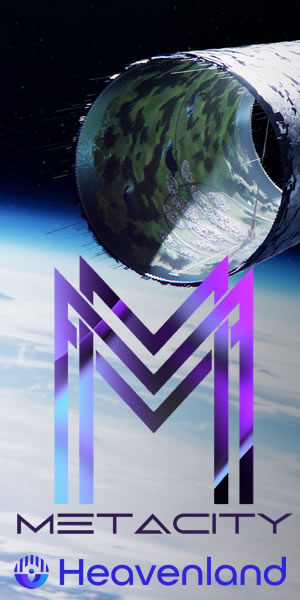
Chainlink is a decentralized oracle network that gives blockchain-based smart contracts access to real-world data. On the blockchain, smart contracts are pre-defined agreements that review data and execute automatically when specific criteria are met. The digital asset token used to pay for services on the network is called a LINK token.
On the blockchain, smart contracts are pre-defined agreements that review data and execute automatically when specific criteria are met. An excellent example is crowdfunding, where funds are given to the fundraiser if a predetermined amount of ether (ETH) is placed into a smart contract by a specific date and returned to contributors otherwise. Smart contracts are immutable (cannot be changed) and verifiable (everyone can see them) due to their existence on a blockchain, which ensures a high level of trust among parties that they accurately reflect the stated terms of the agreement and will only carry out if, and only if, those terms are met.
Smart contracts need off-chain data in an on-chain format in order to create agreements that go beyond those that apply to data contained on the blockchain. One of the primary restrictions on the application of smart contracts is the challenge of integrating external information sources with blockchain smart contracts in a language that both parties can comprehend.
Smart contracts need off-chain data in an on-chain format in order to create agreements that go beyond those that apply to data contained on the blockchain. One of the primary restrictions on the application of smart contracts is the challenge of integrating external information sources with blockchain smart contracts in a language that both parties can comprehend.
Chainlink Oracles Bridge the On- and Off-Chain Chasm
In this situation, oracles are useful. An oracle is middleware software that converts information from the outside world to smart contracts on the blockchain and back again.
The issue that a decentralized, blockchain-secured smart contract seeks to address, a central point of vulnerability, is actually brought about by a single, centralized oracle. How would you be able to determine the veracity of your data if the oracle were defective or compromised? What use is a blockchain-based smart contract that is secure and reliable if the data it relies on is insecure?
Let's quickly review smart contracts and oracles now:
The dependability problems that could arise if employing only a single centralized source are eliminated by this method and additional secure hardware.
The issue that a decentralized, blockchain-secured smart contract seeks to address, a central point of vulnerability, is actually brought about by a single, centralized oracle. How would you be able to determine the veracity of your data if the oracle were defective or compromised? What use is a blockchain-based smart contract that is secure and reliable if the data it relies on is insecure?
Let's quickly review smart contracts and oracles now:
- When criteria are met, smart contracts, which are immutable and verifiable contracts, automatically carry out an IF/THEN structure.
- Historically, the blockchain has provided the information used to define these requirements.
- Oracles have recently been introduced to the crypto industry in order to connect on-chain smart contracts with off-chain data.
- However, centralized oracles reduce the advantages of on-blockchain smart contracts because they could be flawed or unreliable
The dependability problems that could arise if employing only a single centralized source are eliminated by this method and additional secure hardware.




